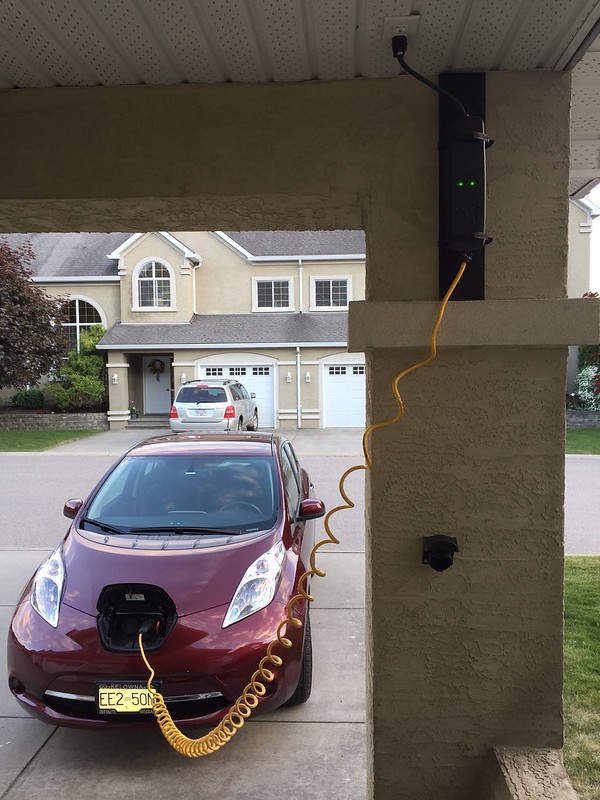Forum Discussion
Reisender
Jan 30, 2021Nomad
SPRey wrote:Reisender wrote:SPRey wrote:
Don't EV require between 50-100 kWh to fully charge the battery (0-100%)? Multiply that by 100 million, and it is "danger danger Will Robinson".
Good morning. No. A typical commute in North America is about 50 KM or roughly 8 KW of power. Equate it to your gas tank. You may have a 20 gallon tank but do you fill it every day? Probably not. The most commonly sold EV's now have 400 to 550 kilometers of range so they may only charge once a week. Or every night for an hour.
This is why power companies are not worried about the immediate impact on neighborhood infrastructure. Many who buy an electric car just charge with the 120 volt 15 amp receptacle in their driveway or garage. We did that for a couple years with no issues. We eventually upgraded...just because. But it really made no difference. The car still charges between 1 and 5 in the morning, its just done charging after 45 minutes now. :)
We have since sold this car, but it was my daily commuter for years. You can see it connected to our soffit christmas light 120 volt 15 amp outlet.
I am not referring to commuting, rather "filling up a battery". Is this statement incorrect?
Don't EV require between 50-100 kWh to fully charge the battery (0-100%)?
I have been known to drive a thousand miles a week (50k a year) and as little as 6k a year. Driving is situational and personal. My point is, it takes a lot of juice for 100 million people to charge their batteries. The demand will exceed capacity and, just like California, the power company will have rolling black outs. No power = no juice to charge battery.
Sorry. Just not following the logic. People are not going to go home every night and fill a 100 KW battery unless everybody in the nation drives 600 km per day.
Power companies like B.C. hydro are expecting light vehicle EV usage (pickups, cars, SUV’s ) yo add about 19 percent load to the grid over the next 30 years. Easy for any modern nation to achieve.
European countries are already dealing with this as their EV adaption rates are much higher than North America.
Personally I’m going to let BC hydro worry about it. They seem to have it well in hand.
About Travel Trailer Group
44,056 PostsLatest Activity: May 04, 2014
